The legacy of the Loving v. Virginia case still lives on...
 The couple's name says it all: "Loving"... just perfect for a case about love... interracial love. It has amazing how 46 years down the line, the ruling of this case is still on the mouths of many Americans because this case has really transformed the face of America... the color of America.
The couple's name says it all: "Loving"... just perfect for a case about love... interracial love. It has amazing how 46 years down the line, the ruling of this case is still on the mouths of many Americans because this case has really transformed the face of America... the color of America.
On June 12, 1967, Mildred Jeter Loving (black) and Richard Loving (white) won the case they filed against Virginia law ; a law that prohibited interracial marriage, a law that saw them...arrested and sentenced to one year in prison or leave their home state, Virginia. The Supreme Court ruled that the anti-miscegenation statute was unconstitutional. Were it not for the Loving v. Virginia case, America wouldn’t be the America we know today.
Find your soulmate on InterracialDating.com










In her article Keli Goff of The Root shows us "How the 'Loving' Case Changed the US". Well here is how Goff puts it:
- It gave the United States its first black president. Barack Obama was born in 1961, and the Loving case was decided in 1967, but the Lovings were married in 1958 in Washington, D.C. They were arrested upon returning to their native Virginia for defying the state's anti-miscegenation statute. Their sentence of one year in prison or the option of leaving their home state set the groundwork for their landmark Supreme Court case. In doing so they made it possible for families like that of President Obama, which consisted of his black African father and white American mother, to legally exist in the state nearest to the city that the president and his family now call home.
- It drives the gay-marriage debate. The Loving case has been repeatedly cited by supporters of gay marriage as one of the most substantive legal arguments for legalizing same-sex marriage in America. The timing of the Loving anniversary strikes some as kismet, with the Supreme Court's ruling on same-sex marriage expected any moment now. Before her death, Mildred Loving wrote this in an essay: "I am proud that Richard's and my name is on a court case that can help reinforce the love, the commitment, the fairness, and the family that so many people, black or white, young or old, gay or straight seek in life. I support the freedom to marry for all. That's what Loving, and loving, are all about."
- It fueled the rise of multiracial families. Multiracial Americans like President Obama and Ben Jealous now constitute the fastest-growing population in the country, thanks to the explosive increase in interracial marriages in recent years. The number of marriages made up of people of more than one race has climbed from 3.2 percent of U.S. marriages in 1980 to 8.4 percent today, or 1 out of 12 marriages.
- It changed the face of Utah. Yes, you read that right. One of the whitest states in the union is experiencing the largest growth of mixed-race people.
- It changed the U.S. census. As a testament to the growth of multiracial families in America, in 2000 the census began allowing respondents to select more than one box for racial identification.
- It's changing the electoral map. According to the New York Times, mixed-race families are changing the racial as well as community makeup of states in the Deep South, with states like Georgia, Kentucky and Tennessee experiencing a nearly 80 percent increase in mixed-race families, and North Carolina experiencing a 50 percent increase. These changing demographics of the last decade are already having ramifications at the ballot box. In 2008 Barack Obama became the first Democrat to carry the state of North Carolina in a presidential election since Jimmy Carter in 1976. Additionally, in 2009 Philadelphia, Miss. -- the town in which the murders of three civil rights workers in 1964 marked a turning point in the civil rights movement -- elected its first black mayor, James Young.
Well, because of the Lovings, we are living the dream. How has the Loving v. Virginia case impacted your life today?
- What It Really Means When Your Partner Wants Sex All the Time
- Love in the Time of Memes: How Humor Shapes Modern Relationships
- Building Financial Understanding and Harmony in Relationships
- Does she love me? 8 signs she sees you as more than a friend
- Decoding Attention-Seeking in Dating: Nurturing Healthy Connections
1 responses to "The legacy of the Loving v. Virginia case still lives on..."
Leave a reply
You must be logged in to post a comment.










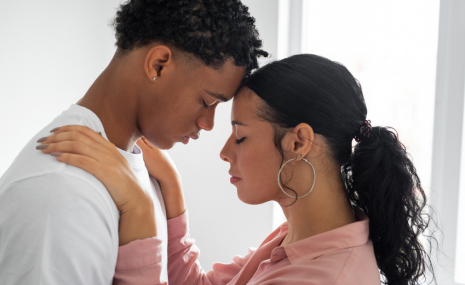


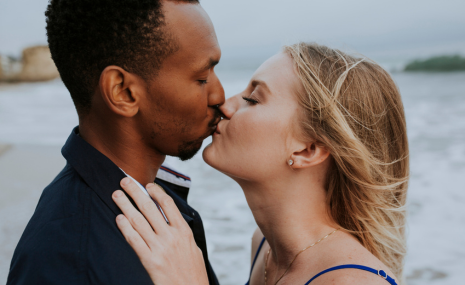
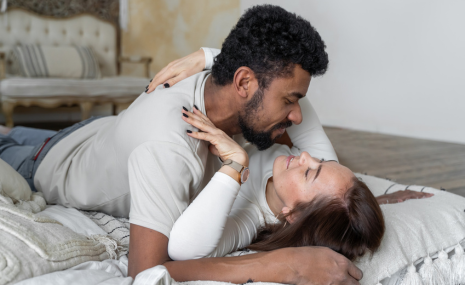







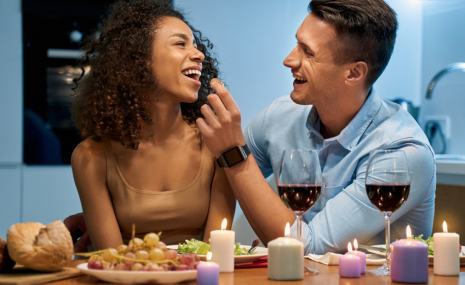






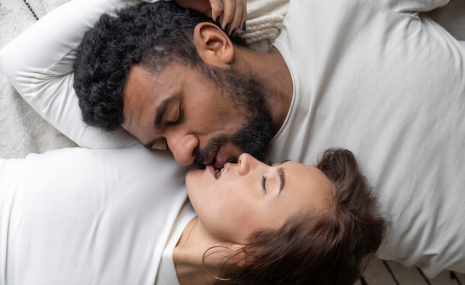

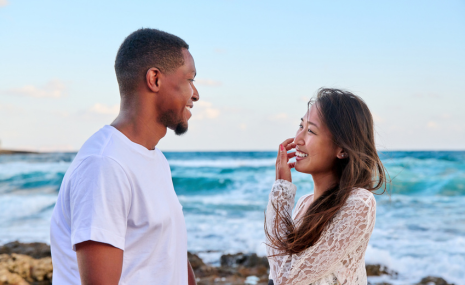





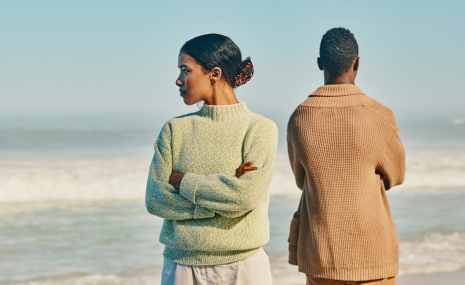



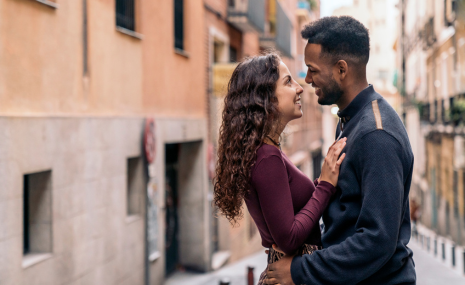

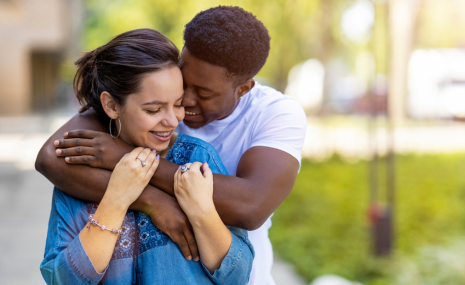



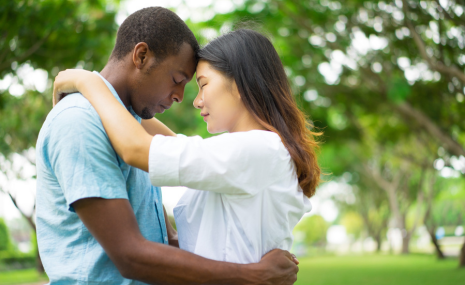
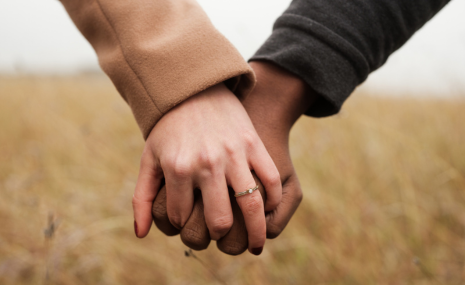















































amazing as it may seem to Americans, it remains a world wide WTF question. Like wow, in 1967 ...you allowed a mixed race marriage? By 1967, want to know how many other countries allowed a marriage between 2 people of other skin tone? Well, in perspective, by "allowing " such a marriage , good ol USA became just short of only one other nation South Africa as actually allowing such a bond. Good one USA!